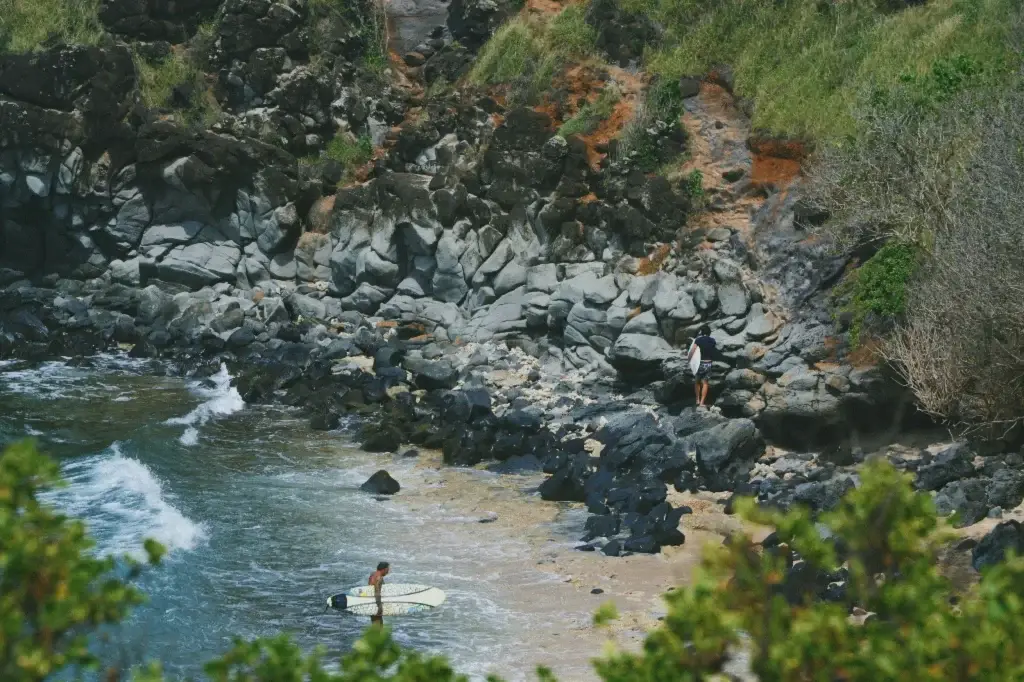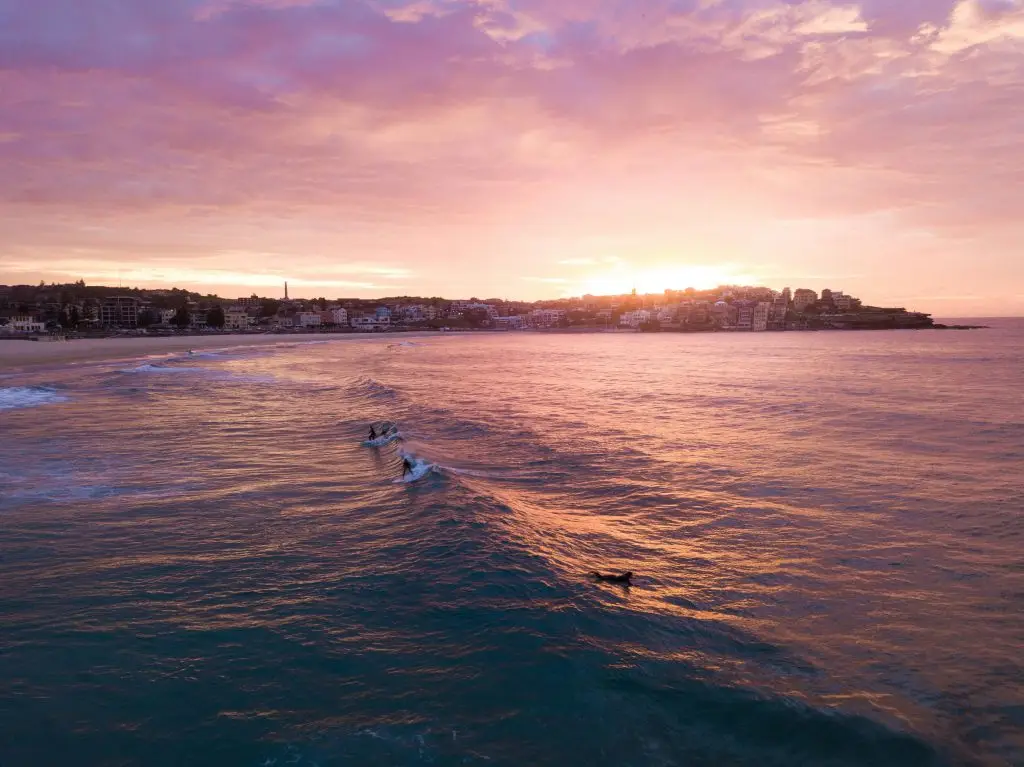📷 credit: Anaclara Vardiero via Unsplash
Amidst the picturesque landscapes and serene beauty of Maui, a profound tragedy continues to unfold, leaving our hearts heavy and our spirits shaken. The fires that swept across this paradise left a trail of destruction in their wake.
As we mourn for the people of Maui, we hope you will join us in transforming our grief into purposeful action. Together, we can offer solidarity, support, and hope to the communities impacted by this catastrophe.
How You Can Help
We recommend the following four organizations and initiatives committed to providing aid and relief to the affected communities. Through our contributions, we hold the power to play an essential role in Maui’s recovery from this disaster and initiate the journey towards healing.
Hawaii Community Foundation – The Maui Strong Fund was created to provide community resilience with resources for disaster preparedness, response, and recovery.
Hawaii People’s Fund – The Maui Aloha: The People’s Response facilitates swift and secure support for grassroots community organizers and organizations addressing urgent needs in the aftermath of the fires, prioritizing vulnerable communities and fostering care and empowerment.
Maui Community Power Recovery Fund was established in partnership with the Amalgamated Foundation to house, feed and support displaced families and resource the long term efforts to rebuild and advance structural change. Partners of the Fund include:
- Maui Mutual Aid: Local volunteer led response
- Our Hawai’i: Grassroots Organizing
- ‘Āina Momona: Environmental health and sustainability
- Funder Hui: Serving Hawaiʻi’s philanthropic community
- Kākoʻo Maui: The Council for Native Hawaiian Advancement (CNHA)
Seventh Generation Fund – We know that any time devastating events of this nature occur, Indigenous communities are often disproportionately affected and are the least likely to be reached with aid or to be able to access resources. The Flicker Fund responds to already vulnerable and stressed Indigenous communities on the frontlines of climate caused crisis and emergencies.
Reflections about how to respond and the dynamics of natural disasters, especially on remote and island locations (with thanks to the Center for Disaster Philanthropy in particular for informing these reflections):
- Avoid traveling to Hawai’i – Many people have been displaced by the fires and with the limited and expensive housing market, it is important to leave the remaining accommodations to those in need. This goes for more than Maui – many folks from Maui will have to find refuge on other Hawaiian islands or on the mainland. Travel to Hawai’i, unless coordinated by someone on the frontlines – even for disaster relief work unless that is with a current coordinated effort – should be avoided. Instead, consider making a donation to one of the organizations above so that they can financially support those already there or reach out to find formal volunteer opportunities where your presence will align with recovery efforts underway.
- Environmental impact – Everything that has been burned – wood, building materials, machinery, appliances, even the chemicals to fight the fires leak toxins into the soil and water. This means that Maui has a long road to physical recovery ahead. Before rebuilding can happen, those toxins must be remediated from the land and water. Consider supporting the long-term efforts to get those displaced home.
- Tourism & the economy – As stated above, Maui and the rest of Hawai’i have a long road ahead of them. The tourism industry is effectively paralyzed and economic strains on the other Hawaiian islands are just beginning. Long term investment in the people of Hawai’i will be important for their recovery, especially to ensure that the recovery is one that is just and fair, avoiding further displacement of indigenous peoples and other communities of color and ensuring environmental sustainability.
- Send money, not items – Any time a tragedy like this occurs on an island, the question of capacity and space is raised. Fires cause a lot of debris, and with many physical spaces in Lahaina being destroyed, there will be backlogs of items that need to get on and off of Maui. It is important to not clog ports and other channels with miscellaneous support items. Instead, consider sending financial donations to the organizations listed above. This will help to alleviate that clogging as well as help to support the economy of Hawai’i and the funds are spent on other Hawaiian islands.



